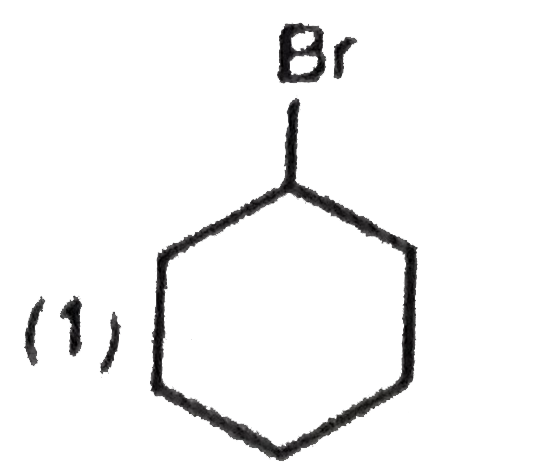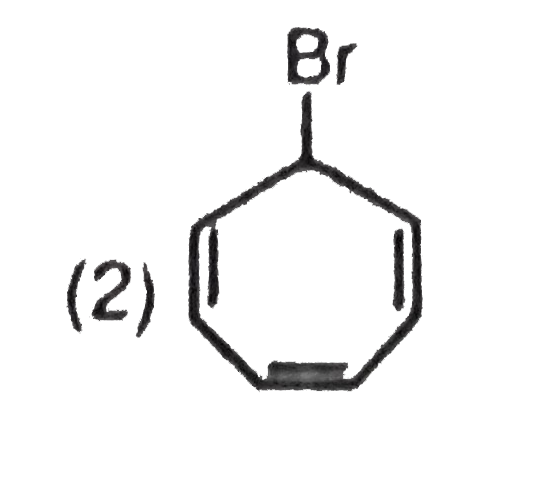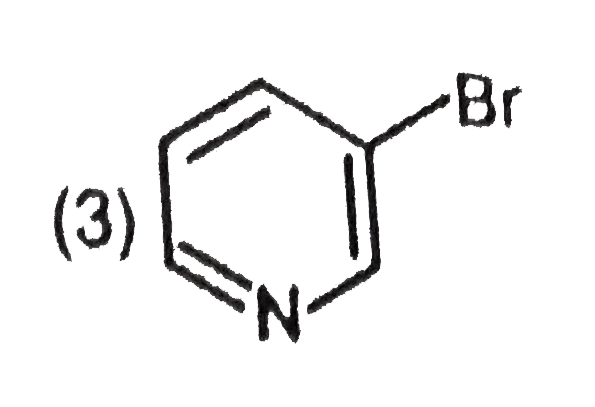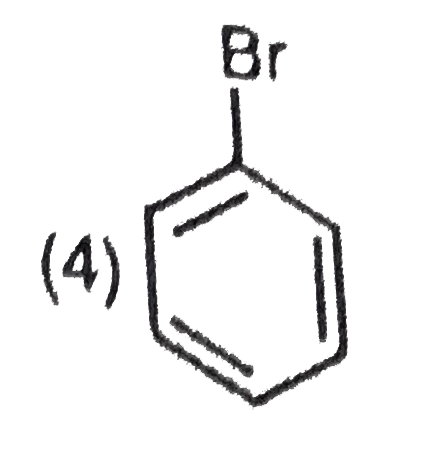Which of the following will not produce a precipitate with AgNO3 solution
F−
Br−
CO2−3
PO3−4
The correct Answer is:A
To determine which of the given ions will not produce a precipitate with AgNO₃ (silver nitrate) solution, we need to analyze the common ions that typically react with AgNO₃ to form precipitates.
1. Understanding Precipitation Reactions:
- Silver nitrate (AgNO₃) is a soluble salt that dissociates in water to form Ag⁺ and NO₃⁻ ions.
- When Ag⁺ ions encounter certain anions (like Cl⁻, Br⁻, I⁻), they can form insoluble silver salts (precipitates).
2. Common Anions that Form Precipitates:
- Chloride (Cl⁻): Forms AgCl, which is a white precipitate.
- Bromide (Br⁻): Forms AgBr, which is a pale yellow precipitate.
- Iodide (I⁻): Forms AgI, which is a yellow precipitate.
3. Anions that Do Not Form Precipitates:
- Fluoride (F⁻): Silver fluoride (AgF) is soluble in water, meaning it will not form a precipitate.
- Nitrate (NO₃⁻): Silver nitrate itself is soluble and does not form a precipitate.
4. Conclusion:
- Among the common anions, fluoride (F⁻) will not produce a precipitate with AgNO₃ solution.
Final Answer:
The ion that will not produce a precipitate with AgNO₃ solution is Fluoride (F⁻).
- Silver nitrate (AgNO₃) is a soluble salt that dissociates in water to form Ag⁺ and NO₃⁻ ions.
- When Ag⁺ ions encounter certain anions (like Cl⁻, Br⁻, I⁻), they can form insoluble silver salts (precipitates).
- Chloride (Cl⁻): Forms AgCl, which is a white precipitate.
- Bromide (Br⁻): Forms AgBr, which is a pale yellow precipitate.
- Iodide (I⁻): Forms AgI, which is a yellow precipitate.
- Fluoride (F⁻): Silver fluoride (AgF) is soluble in water, meaning it will not form a precipitate.
- Nitrate (NO₃⁻): Silver nitrate itself is soluble and does not form a precipitate.
- Among the common anions, fluoride (F⁻) will not produce a precipitate with AgNO₃ solution.
The ion that will not produce a precipitate with AgNO₃ solution is Fluoride (F⁻).
Topper's Solved these Questions
- ANALYTICAL CHEMISTRYBOOK - ERRORLESS CHAPTER - ANALYTICAL CHEMISTRYEXERCISE - Ordinary Thinking Objective Questions (Wet Test for Basic Radical)
71 Videos
- ANALYTICAL CHEMISTRYBOOK - ERRORLESS CHAPTER - ANALYTICAL CHEMISTRYEXERCISE - Ordinary Thinking Objective Questions (Volumetric Analysis)
72 Videos
- ANALYTICAL CHEMISTRYBOOK - ERRORLESS CHAPTER - ANALYTICAL CHEMISTRYEXERCISE - Ordinary Thinking Objective Questions (Preliminary Test)
15 Videos
- ALDEHYDES AND KETONES BOOK - ERRORLESS CHAPTER - ALDEHYDES AND KETONES EXERCISE - JEE Section (JEE (Advanced) 2018) Numeric answer type question
1 Videos
- BIOMOLECULES AND POLYMERBOOK - ERRORLESS CHAPTER - BIOMOLECULES AND POLYMEREXERCISE - Jee section (Jee (Advanced 2018)) (More than one choice correct answer)
1 Videos
Similar Questions
Knowledge Check
Which of the following will not give a precipitate with AgNO3 ?
A[Co(NH3)3Cl3]B[Co(NH3)4Cl2]ClC[Co(NH3)5Cl]Cl2D[Co(NH3)6]Cl3Which of the following compounds will produce a precipitate with AgNO3 ?
A B
B C
C D
D
Which one of the following does not give a precipitate with AgNO3 solution ?
ACrO2−4BCl−CSCN−DClO−4
Which of the following will not produce a precipitate with dilute silver nitrate solution ?
View SolutionWhich of the following anion does not prodcue prepitate with BaCl2 solution however gives precipitate with AgNO3?
View SolutionWhich of the following anion does not prodcue prepitate with BaCl2 solution however gives precipitate with AgNO3?
View SolutionWhich of the following does not form precipitate with AgNO3 ?
View SolutionWhich of the following does not form precipitate with AgNO3 ?
View Solution
